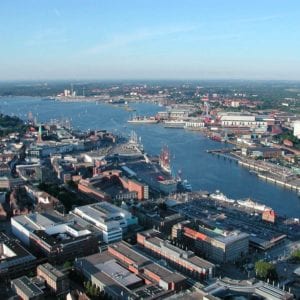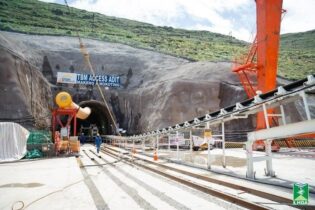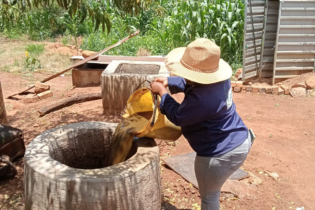Representatives from the world of business, politics, science and society congregated in the German city of Kiel on 12 October to attend the annual Global Economic Symposium (GES). The overarching theme for this year’s Symposium was “Values to Guide Economies,” which global leaders have identified as an urgent need to explore common values in order to support and guide sustainable and equitable growth.
Reigniting the flame There is growing evidence that global problem-solving processes have often come to a stand-still due to unbridgeable differences in the underlying values of the various players and GES participants sought to overcome this inertia. Climate change, poverty and the rise in inequality are major issues of global, regional and national policy discourse and are increasingly understood to be interlinked. While billions of people have been lifted out of poverty by globalised markets and economic growth, this has come at the expense of an unprecedented rise in greenhouse gas emissions. The resulting climate change is again impacting the poor, while the degradation of land hurts small farmers and decreases food security. Local participationLocal organisation, the Recycling and Economic Development Initiative of South Africa (REDISA), is a firm supporter of GES and hosted a panel discussion dedicated to the REDISA concept, entitled Re-assessing Waste Management and the Circular Economy.
According to Hermann Erdmann, REDISA has since its inception stood on the foundation that citizens can turn their “Waste into Worth”, that everything used still maintains its value and that waste can be organised to produce jobs for thousands of people as well as substantially reducing carbon emissions into the atmosphere. REDISA places a great faith in human being’s potential to govern and manage the earth better for the good of future generations. REDISA has therefore taken on its shoulders the task of incubating a whole industry, starting with tyres as a proof of concept. Circular economy solution For REDISA, the circular economy means balancing economic growth, infrastructure development and creating small business and job opportunities – while lowering emissions and overall impact on the environment. Environmental degradation and resource depletion threaten the sustainability of economic growth in the developed world, and build enormous pressures in the developing world as it strives to match the West’s profligate lifestyle. Both issues can be addressed by the circular economy if the generation of waste is reduced, resources are reused and recycled, and recycling initiatives are made economically attractive. According to Erdmann, “On a planet of finite resources, the circular economy is not optional, it is inevitable. Within two years we have developed a circular economy within the tyre industry in South Africa and have seen tangible results: over 2 600 new jobs, and over 200 small, medium and micro-sized enterprises developed and supported. The implementation of circular economies will lead to unprecedented opportunities, the creation of reverse logistics networks, new processes and new industries using the recovered resources.”






